Posted at 02:34h in
General by admin 
Angela Merkel, Dilma Rousseff, Yingluck Shinawatra, Joyce Banda... Just to name a few of the incumbent female heads of government around the world. Compared to a century ago, women are gaining importance in both international and domestic politics as they are occupying various important positions in national governments and multilateral organizations. While it seems that more and more female politicians are rising in power, let us not be contend with the status-quo: only one-fifth of the seats in the parliaments are occupied by women worldwide, and the figure in Asia, Middle East and Pacific is even lower than the world average. Women, in today’s world, are still underrepresented in the political arena. What are the major obstacles that women face in political participation? According to studies, it is a complex issue as it can be traced back to a number of institutional, historical, socio-economic as well as cultural factors. UN Women found that in Bhutan,
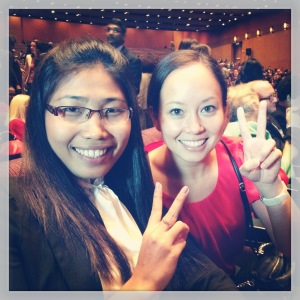 Wedu has won the Global Solution Award GSA at Women Deliver 2013 Conference! The GSA is a new social enterprise competition recognizing financially sustainable business models that have profound and large-scale social impact potential on women and girls. Wedu received a $5000 USD cash grant with the award. This is our most recent grant of the five awards we've copped in the 18 months of our existence. Mi Win Thida, Wedu’s mentee from Myanmar, presented at the conference – talking about the impact that Wedu’s mentorship has had on her life – together with Marica Rizzo, Mentorship Manager, making a convincing presentation of their work that won the votes from the impressively experienced panel of judges that included
Wedu has won the Global Solution Award GSA at Women Deliver 2013 Conference! The GSA is a new social enterprise competition recognizing financially sustainable business models that have profound and large-scale social impact potential on women and girls. Wedu received a $5000 USD cash grant with the award. This is our most recent grant of the five awards we've copped in the 18 months of our existence. Mi Win Thida, Wedu’s mentee from Myanmar, presented at the conference – talking about the impact that Wedu’s mentorship has had on her life – together with Marica Rizzo, Mentorship Manager, making a convincing presentation of their work that won the votes from the impressively experienced panel of judges that included

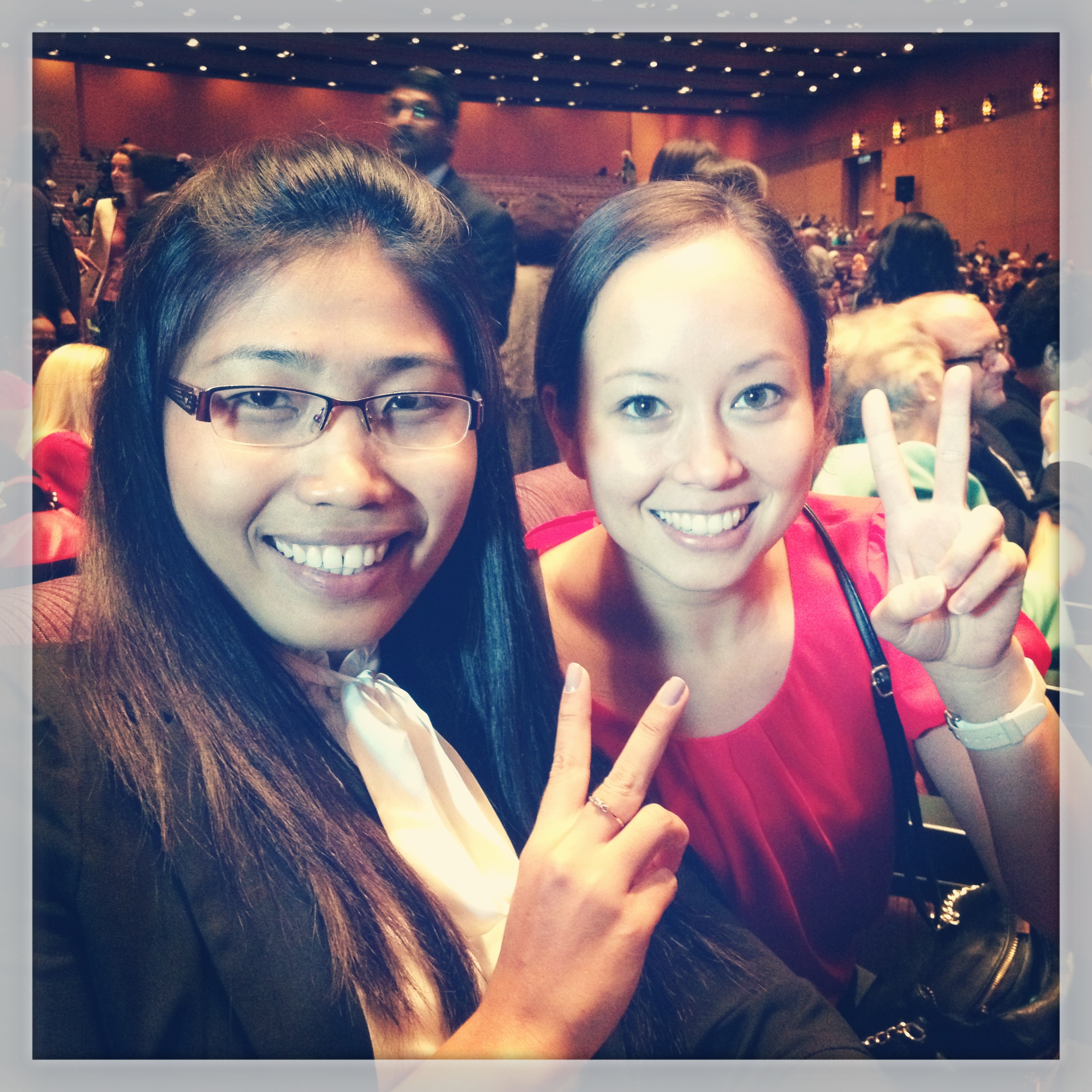

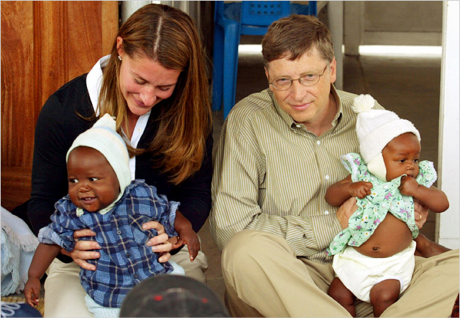

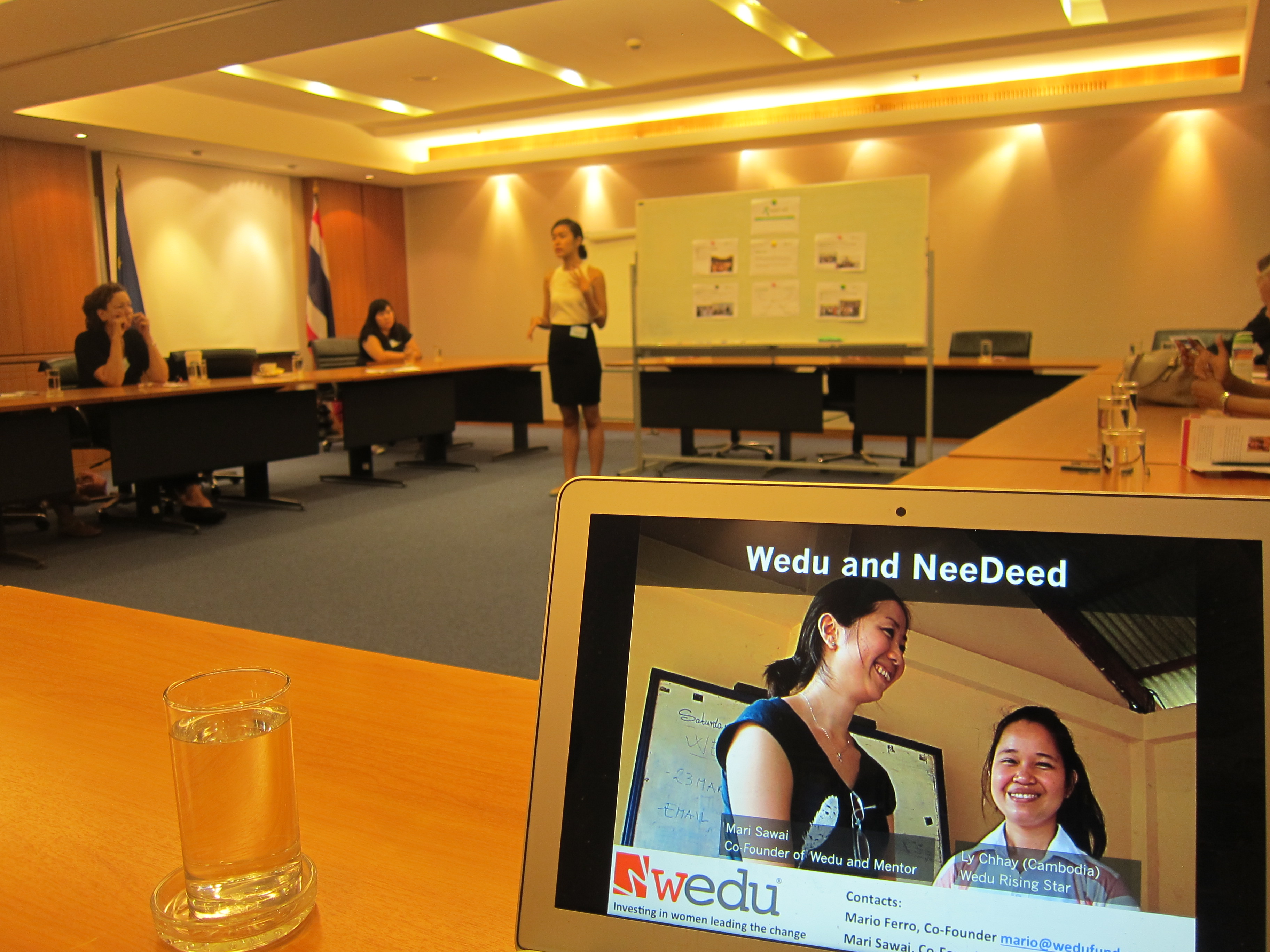
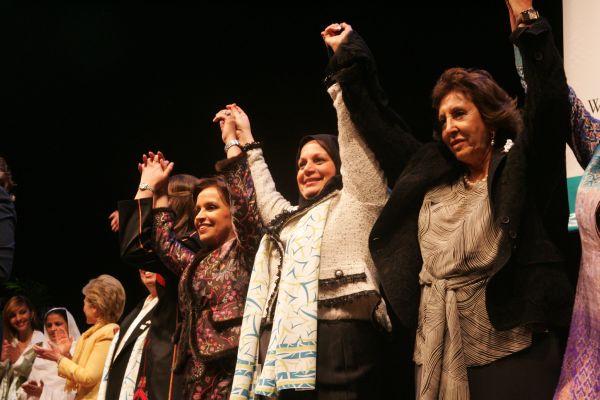
 Angela Merkel, Dilma Rousseff, Yingluck Shinawatra, Joyce Banda... Just to name a few of the incumbent female heads of government around the world. Compared to a century ago, women are gaining importance in both international and domestic politics as they are occupying various important positions in national governments and multilateral organizations. While it seems that more and more female politicians are rising in power, let us not be contend with the status-quo: only one-fifth of the seats in the parliaments are occupied by women worldwide, and the figure in Asia, Middle East and Pacific is even lower than the world average. Women, in today’s world, are still underrepresented in the political arena. What are the major obstacles that women face in political participation? According to studies, it is a complex issue as it can be traced back to a number of institutional, historical, socio-economic as well as cultural factors. UN Women found that in Bhutan,
Angela Merkel, Dilma Rousseff, Yingluck Shinawatra, Joyce Banda... Just to name a few of the incumbent female heads of government around the world. Compared to a century ago, women are gaining importance in both international and domestic politics as they are occupying various important positions in national governments and multilateral organizations. While it seems that more and more female politicians are rising in power, let us not be contend with the status-quo: only one-fifth of the seats in the parliaments are occupied by women worldwide, and the figure in Asia, Middle East and Pacific is even lower than the world average. Women, in today’s world, are still underrepresented in the political arena. What are the major obstacles that women face in political participation? According to studies, it is a complex issue as it can be traced back to a number of institutional, historical, socio-economic as well as cultural factors. UN Women found that in Bhutan, One month after the 15-year-old Pakistani education activist, Malala Yousafzai was shot in the head by the Taliban, the United Nations called upon the international community to observe November 10 as the International Malala Day. The UN special envoy for Global Education Gordon Brown marked the significance of this event that “country after country is adopting Malala as its symbol for a girl's right to school [as the] Malala Day is being celebrated with events in more than 100 countries”. It has symbolized that the fight of Malala and 32 million girls more for their basic rights of education will go on, and the world is in solidarity with ensuring education for every single child across the globe. Malala’s story has touched millions of people. She started writing a blog for the BBC describing people’s lives in her community under the Taliban’s rule – where girls are prevented from going to school because the regime believes girls' education is an obscenity – and
One month after the 15-year-old Pakistani education activist, Malala Yousafzai was shot in the head by the Taliban, the United Nations called upon the international community to observe November 10 as the International Malala Day. The UN special envoy for Global Education Gordon Brown marked the significance of this event that “country after country is adopting Malala as its symbol for a girl's right to school [as the] Malala Day is being celebrated with events in more than 100 countries”. It has symbolized that the fight of Malala and 32 million girls more for their basic rights of education will go on, and the world is in solidarity with ensuring education for every single child across the globe. Malala’s story has touched millions of people. She started writing a blog for the BBC describing people’s lives in her community under the Taliban’s rule – where girls are prevented from going to school because the regime believes girls' education is an obscenity – and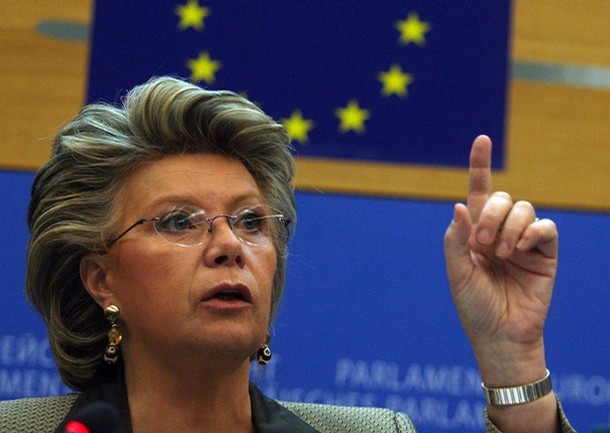
 Gender equality has been one of the founding principles of the European Union, and the principle has been successfully upheld as believed by many: men and women seem to enjoy equal fundamental rights in their daily lives, and nine out of ten highest ranked countries in terms of gender equality are in Europe, according to the United Nations Development Programme. The European women are apparently better off than their counterparts in other parts of the world, but the recent developing in the EU might have suggested that women still face invisible barriers to their advancement in the workplace. A week ago, the EU decided in the last minute to postpone the vote on a plan to oblige companies to reach a 40 percent female boardroom quota by 2020 as it was deeply unpopular with many of its member countries.
Gender equality has been one of the founding principles of the European Union, and the principle has been successfully upheld as believed by many: men and women seem to enjoy equal fundamental rights in their daily lives, and nine out of ten highest ranked countries in terms of gender equality are in Europe, according to the United Nations Development Programme. The European women are apparently better off than their counterparts in other parts of the world, but the recent developing in the EU might have suggested that women still face invisible barriers to their advancement in the workplace. A week ago, the EU decided in the last minute to postpone the vote on a plan to oblige companies to reach a 40 percent female boardroom quota by 2020 as it was deeply unpopular with many of its member countries.